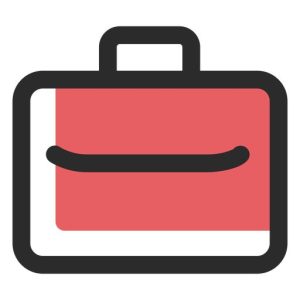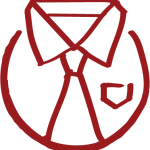9 Second Year-CONNECT: Develop Professional Skills
Continue to Develop Professional Skills
Most students choose to attend college for the education and learning that takes place inside the classroom. However, in order to maximize the degree that you’ve worked so hard for, you must consider developing professional skills alongside your book learning. This will help you translate what you’ve learned into the world of work–and land a job!
How can you develop professional skills?
Continue to meet with your coach to learn about how to get career experience. Developing some professional experience now will make you better candidate down the road helping you land a competitive internship and full-time job after graduation.
Things you can do over the course of the next four years to gain career experience can include:
- internships
- part-time jobs
- volunteering
- job shadowing
- involvement with a student organization
- a career related summer job
You can also ask your career coach to help you develop the following professional products, tools, and experiences, especially in this second year of college:
-
A professional resume.
A resume is your professional calling card that highlights your experiences and skillsets. It is often required when applying to jobs or internships. Write a draft of your resume and review it with your career coach. Follow this resume guide if you need help getting started!
-
Write a cover letter.
A cover letter accompanies your resume and allows you to express your interest and enthusiasm in the position and the organization. It also:
- highlights skills or experiences that are especially relevant to the position
- demonstrates your ability to communicate in writing
- strengthens your chances of securing an interview by showing the employer your personality and potential
Use this guide to learn how to craft a cover letter!
-
Learn how to write a professional thank you note.
Thank you letters are more than polite protocol and good manners. They show your appreciation for the time your interviewer spent meeting with you and can help you stand out from others. They are essential for maintaining contact with people who have assisted you and gently remind them who you are and when you met. This guide to writing thank you notes will offer you best tips and practices.
-
Create your LinkedIn profile.
Learn how LinkedIn can help you find IU alumni. IU Alumni are wonderful people for you to do informational interviews with. LinkedIn will help you find professionals and IU alumni in career fields of interest to you. Your career coach can help you use LinkedIn. Learn how to polish your LinkedIn profile!
-
Identify and apply for a part-time job.
Did you know students who work ~10 hours each week actually have higher GPA’s on average? Jobs help with time-management!
- Talk with your career coach to learn about on-campus and off-campus jobs
- Ask Student Central if you qualify for work-study jobs (this is part of your financial aid package)
- Go to the Fall Part-Time Job Fair (first Friday before classes start in the Fall)

 Check out the
Check out the